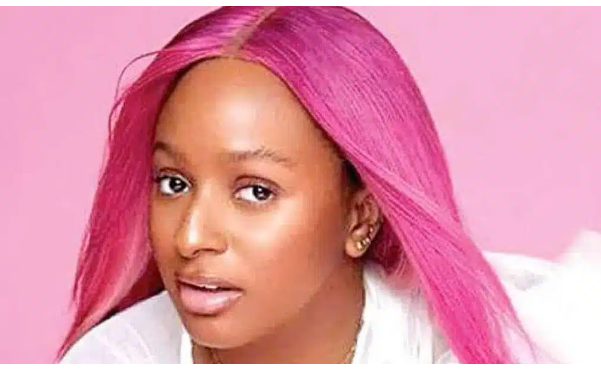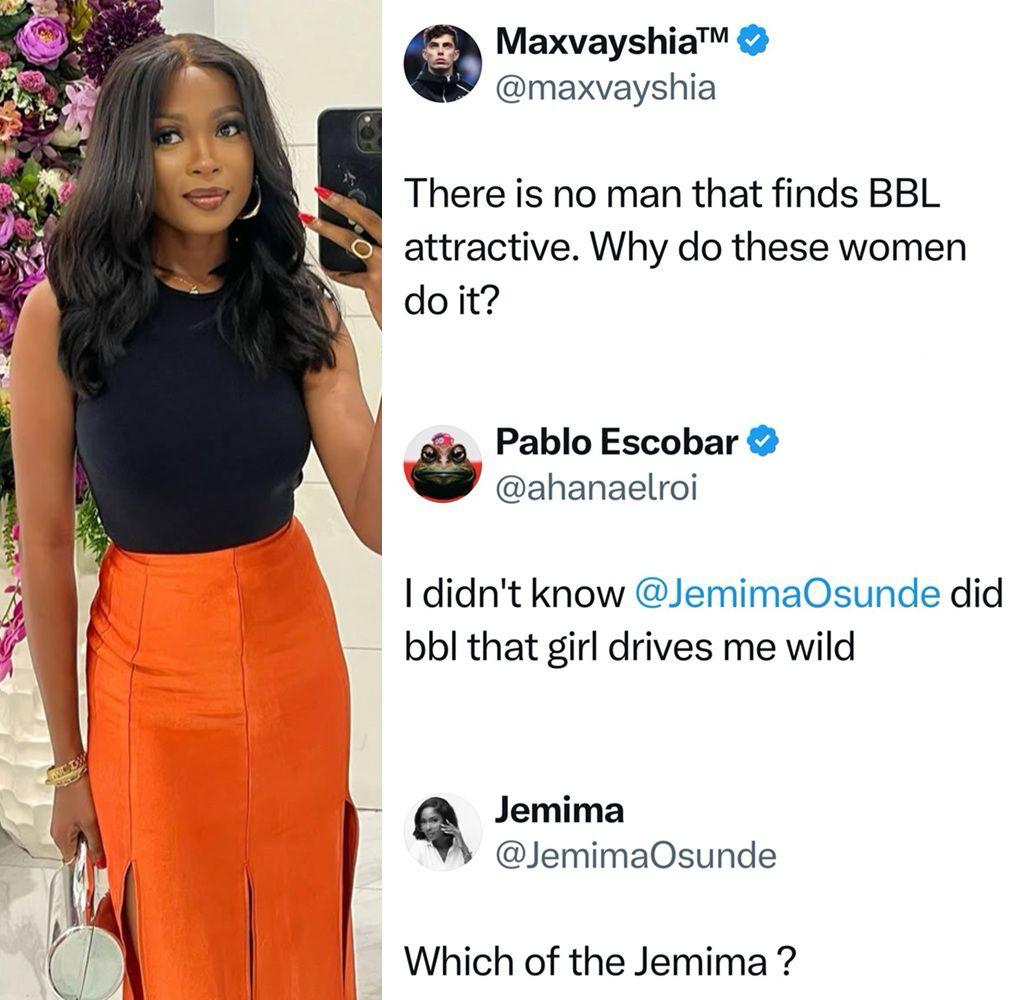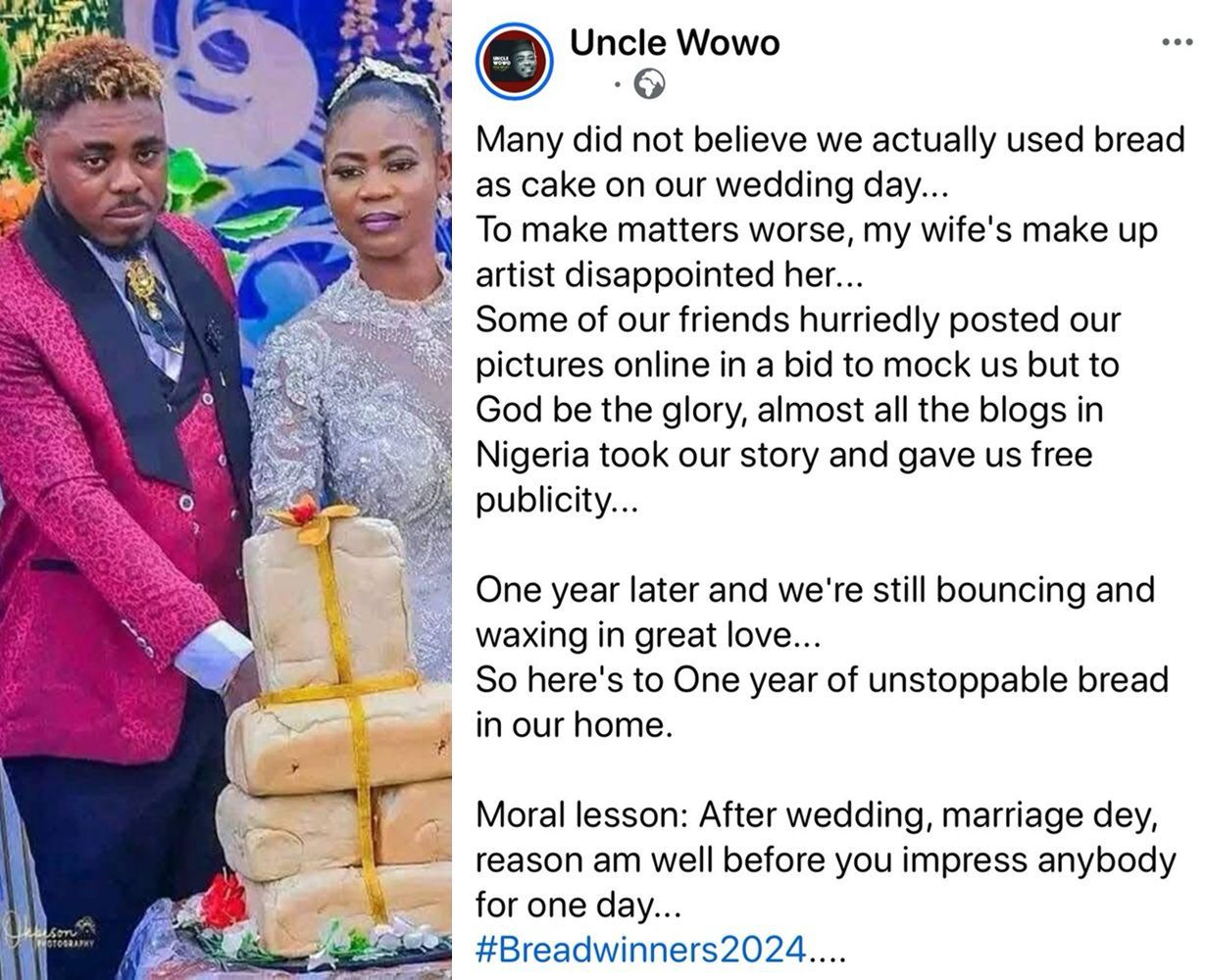
A Brighter Future: DJ Cuppy Expresses Hope for a Female President in Nigeria

Nigerian disc jockey Florence Otedola, popularly known as DJ Cuppy, has stirred conversations on social media with her optimistic remarks about the possibility of Nigeria electing both a female President and Vice President in the future.
Her statement came in response to Namibia’s historic achievement of becoming the first African country to have women occupying both the presidency and vice presidency.
Taking to her X (formerly Twitter) account, DJ Cuppy praised Namibia’s milestone, expressing hope that Nigeria could one day follow in the same footsteps.
“Namibia just made history. Africa’s FIRST country with BOTH a female President AND female Vice President. Maybe there’s hope for Nigeria one day after all,” she wrote.
Her post quickly gained traction, with thousands of Nigerians engaging in discussions about the feasibility of such an outcome in the country’s political landscape.
Many social media users lauded DJ Cuppy for using her platform to advocate for gender inclusivity in leadership, while others debated the structural and cultural challenges that have historically hindered female political representation in Nigeria.
Namibia’s Netumbo Nandi-Ndaitwah was recently sworn in as the country’s first female President after emerging victorious in the last election.
Her Vice President, Lucia Witbooi, also made history, making Namibia the first African nation to have women in both top leadership positions simultaneously.
This unprecedented achievement has been widely celebrated across the continent, with political analysts calling it a significant step towards greater gender equality in African politics.
DJ Cuppy’s statement reflects a growing sentiment among Nigerian women who aspire to see greater female representation at the highest levels of governance.
Despite the fact that women make up nearly half of Nigeria’s population, their participation in politics remains significantly low.
Nigeria has yet to elect a female President or Vice President, and the number of women holding key political offices has historically been minimal.
In the 2023 general elections, only a small fraction of the candidates for major political positions were women, and even fewer won.
Many have attributed this to deeply ingrained societal norms, gender biases, and the financial and structural barriers that make it difficult for women to compete in the political space.
However, the success of women in leadership positions across the world has continued to fuel conversations about change.
Countries like Tanzania, Ethiopia, and Liberia have had female presidents in the past, and now, Namibia has raised the bar by having women occupy both the presidency and vice presidency at the same time.
With DJ Cuppy’s remarks, many Nigerians are reflecting on the factors that need to change for such progress to be made in their country.
One major concern raised by political observers is the need for more women to be actively involved in political parties, as most Nigerian parties are still dominated by men.
Political parties play a crucial role in determining who gets nominated for elections, and without stronger female representation at that level, the chances of women emerging as presidential candidates remain slim.
Another key factor is public perception.
Many Nigerian voters still hold traditional views about leadership, often seeing men as more capable of handling the demands of governance.
This cultural mindset has made it difficult for female candidates to gain widespread support, even when they possess the qualifications and experience needed for leadership roles.
Financial constraints also pose a significant challenge.
Running for office in Nigeria is an expensive endeavor, and many women lack the financial backing to compete against male candidates who often have strong financial networks.
Corruption and political violence have also been cited as deterrents for women considering a career in politics.
The political landscape in Nigeria has, at times, been hostile, with cases of intimidation and violence during elections.
This has discouraged many capable women from stepping forward to contest for key positions.
Despite these challenges, there are signs of progress.
More women are beginning to take active roles in governance, and advocacy groups continue to push for reforms that will create a more level playing field.
The Not Too Young To Run movement, which successfully pushed for the reduction of the age requirement for political candidates, has inspired similar calls for policies that encourage female participation in politics.
Additionally, women’s rights organizations are actively working to ensure that female politicians receive the support they need to succeed.
DJ Cuppy’s remarks have added to the momentum, with many Nigerians engaging in discussions about what needs to be done to make the dream of a female President a reality.
Some political analysts believe that for change to happen, it must start with policies that promote gender balance in governance.
Countries like Rwanda have implemented gender quotas, ensuring that a significant percentage of government positions are reserved for women.
This has resulted in Rwanda having one of the highest levels of female representation in politics worldwide.
If Nigeria were to adopt similar measures, it could significantly increase the chances of having a female leader in the near future.
Another approach would be to encourage more young women to pursue careers in politics and governance.
By providing mentorship, financial support, and platforms for women to showcase their leadership skills, the barriers that currently exist could be broken down over time.
Several prominent Nigerian women have already made strides in politics, including former Finance Minister Ngozi Okonjo-Iweala, who now serves as the Director-General of the World Trade Organization.
Her success on the global stage has inspired many young Nigerian women to believe that they, too, can break barriers and achieve great things.
Others, like former Minister of Education Dr. Oby Ezekwesili and former presidential candidate Obiageli Ezekwesili, have also played influential roles in shaping Nigeria’s political discourse.
As conversations around female leadership in Nigeria continue to grow, many believe that the country is gradually moving towards a future where a woman can lead at the highest level.
DJ Cuppy’s statement may have been brief, but it has sparked an important dialogue that could contribute to real change in the years to come.
For now, Nigerians will be watching closely as Namibia embarks on this historic journey with female leadership at the helm.
Their success or struggles will likely serve as a case study for other African nations, including Nigeria, as they consider the possibility of embracing female presidents and vice presidents in the future.


